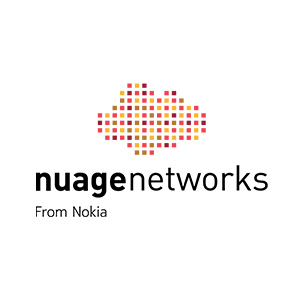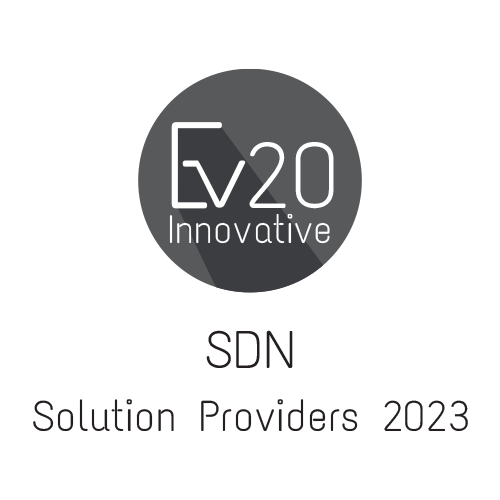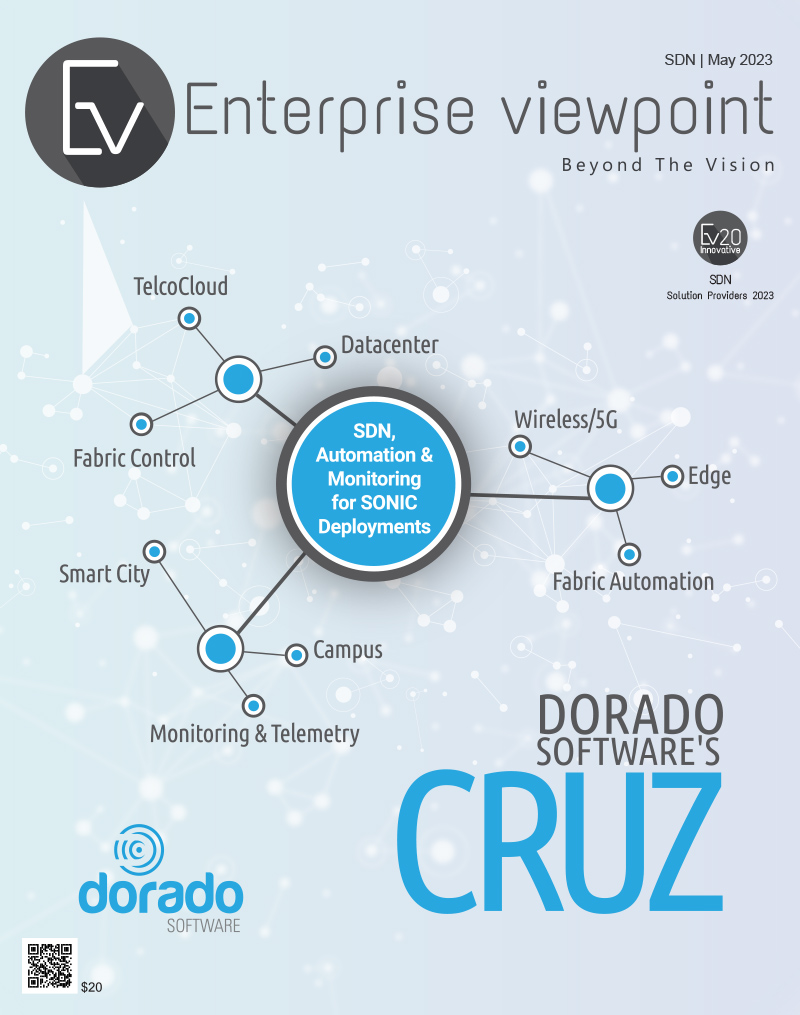
As Software Defined Networking (SDN) is becoming a popular solution among businesses, there are also a variety of advantages associated with it. SDN can be used to create a more flexible and dynamic storage infrastructure. By separating the storage control plane from the data plane, businesses can more easily manage their storage resources and optimize their storage utilization. SDN can also help to improve storage performance by allowing for the creation of dynamic data paths and the use of intelligent routing algorithms. One of the key benefits of SDN in data storage is that it allows for greater agility in responding to changing business needs. By abstracting the storage infrastructure from the underlying hardware, businesses can more easily move storage resources between different hardware platforms and vendors, without having to make significant changes to their network configuration. This is in addition to the improved data security by providing greater visibility and control over network traffic. One such innovative company is Nuage Networks—a software-defined networking (SDN) solution provider that offers businesses a range of cloud-based network services. The company was founded in 2012 and is headquartered in Santa Clara, California. Nuage Networks is a subsidiary of Nokia, a multinational telecommunications company based in Finland.
At the core of Nuage Networks’ offerings is their Virtualized Services Platform (VSP). VSP is an SDN platform that enables businesses to create and manage virtual networks across multiple data centers and cloud environments. VSP provides businesses with a flexible and scalable network architecture that is designed to meet the needs of modern cloud-based applications. One of the key benefits of VSP is its ability to automate network management tasks. With VSP, businesses can use policy-based automation to create and manage virtual networks, without the need for manual intervention. This can help businesses to reduce network complexity and improve network agility, which is essential for supporting modern cloud-based applications.
Another advantage of VSP is its ability to provide granular network segmentation. With VSP, businesses can create virtual networks that are isolated from one another, which helps to improve network security and compliance. This is especially important in industries such as healthcare and finance, where data security and privacy are critical. VSP also includes a range of network services that can help businesses to optimize their network performance. These services include quality of service (QoS) policies, which allow businesses to prioritize network traffic based on its importance, and network analytics, which provide real-time insights into network performance and utilization.
In addition to VSP, Nuage Networks also offers several other SDN solutions. These include Virtualized Network Services (VNS), which provides businesses with a range of network services such as firewalls, load balancers, and VPNs, and Virtualized Cloud Services (VCS), which provides businesses with a unified view of their network and cloud infrastructure.
Nuage Networks’ solutions are designed to help businesses to achieve greater agility, scalability, and efficiency in their network infrastructure. By providing businesses with a flexible and scalable network architecture, Nuage Networks enables businesses to rapidly respond to changing business needs and support modern cloud-based applications.
Nuage Networks is a growing innovator in the SDN space, providing businesses with a range of cloud-based network services that are designed to meet the needs of modern applications. With a strong focus on automation, security, and performance, Nuage Networks is well-positioned to continue to lead the way in this rapidly evolving market.






